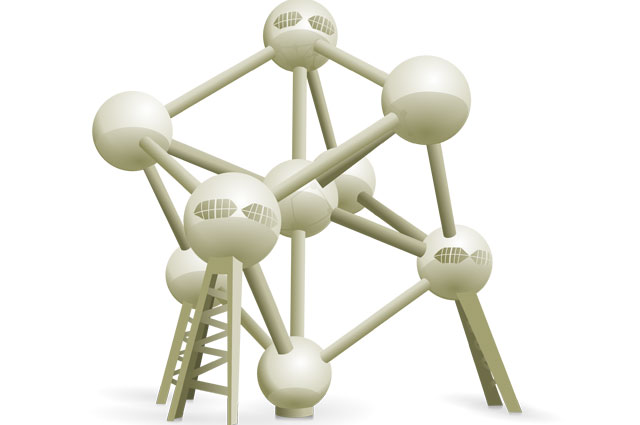
China's quantum science has taken the lead in the world, and nanotechnology is in the stage of running parallel with the international.
Nanotechnology, information technology and biotechnology are known as the three leading disciplines of modern science and technology. Their intersection and integration with traditional industrial technologies have promoted the technological revolution in high-end industries such as precision manufacturing, new materials, and new energy.
Taking food as an example, nanotechnology can be used to improve the nutritional value, flavor, texture, and taste of functional foods, health foods, and fortified foods. In addition, the nano-sized food materials are granulated, such as starch, cellulose, spices, condiments, vitamins; some instable proteins and bioactive substances are loaded with nano-microcapsules to promote nutrient absorption and bioavailability in the body, and improve Biological activity.
In daily life, many agricultural products or foods use cling film. According to reports, nanotechnology can be used to design the cling film into selective air permeability, water retention, heat preservation, antibacterial and other functions. These seem common, but the impact on food quality is very obvious.
In addition, nanotechnology can also be used for identification and anti-counterfeiting systems. When you walk into the supermarket, you will find that every product now has a barcode, and nano-quantum dots or molecular tags are very small and even difficult to counterfeit. At present, nanotechnology has developed rapidly in this field.
At present, the field in which nanotechnology is most closely integrated with agriculture is nano-formulated agricultural chemical inputs, including fertilizers, pesticides, veterinary drugs, and feed. In the case of nano-fertilizers, the fertilizer carrier is used to control the release rate of fertilizers according to the crop absorption mode, to increase the nutrient absorption rate of fast-dissolving fertilizers such as nitrogen fertilizers, and to improve the solubility and dispersibility of poorly soluble phosphate fertilizers and mineral micro-fertilizers in the soil.
Nano-pesticides use nano-drug carriers to control the minimum effective drug release concentration and reduce food and environmental residual pollution. Nano veterinary drugs achieve targeted transmission, prolong its duration, and reduce toxic and side effects.
In the application of feed, the feed material can be nano-sized, then nano-structured and nano-scaled to increase absorption and utilization. The insoluble and unstable additive components such as trace elements, vitamins, and antibacterials in fine feed can be processed by nanotechnology to improve their dispersibility and bioavailability.


Copyright © Suzhou Canfuo Nanotechnology Co., Ltd. All Rights Reserved